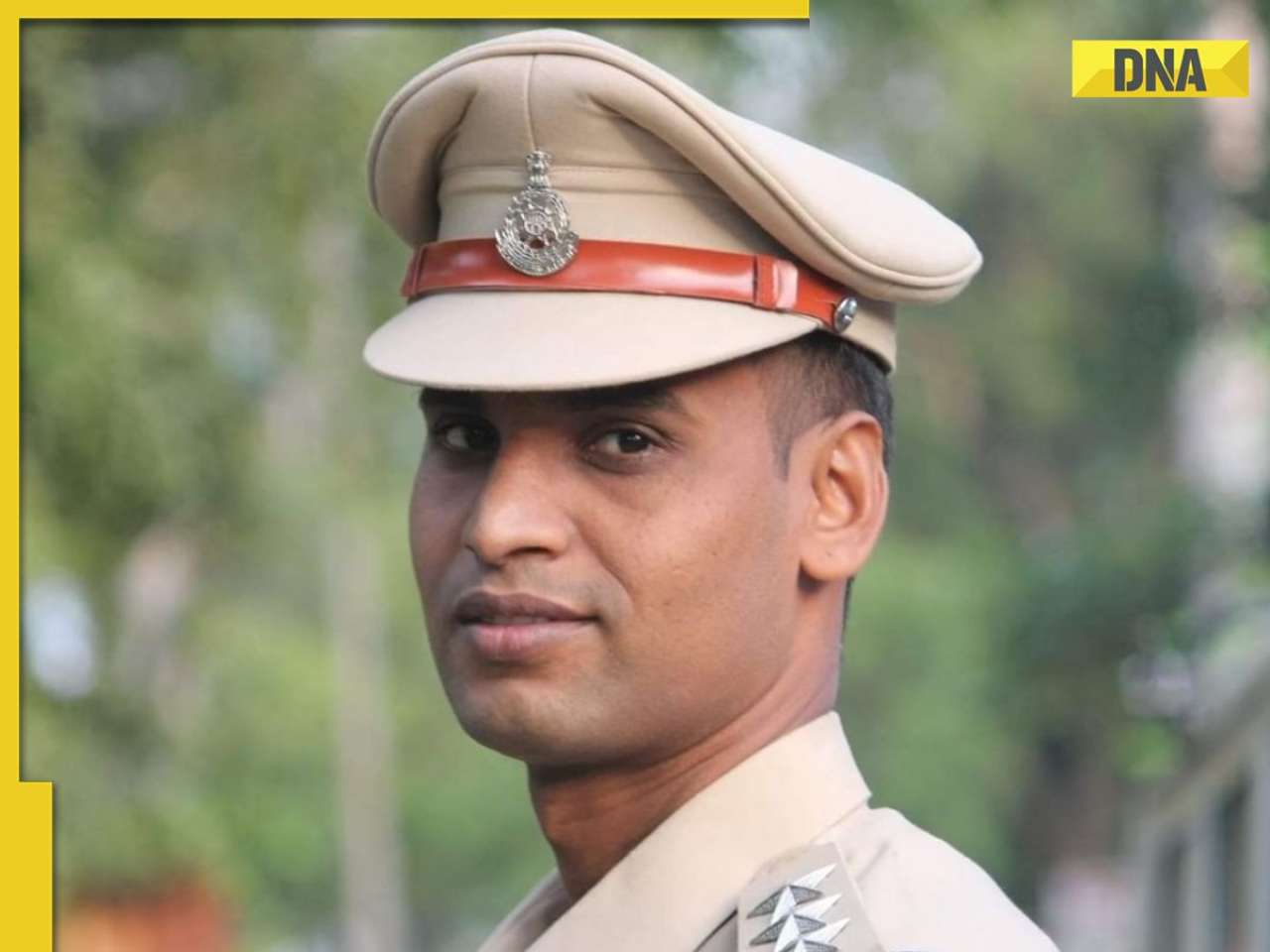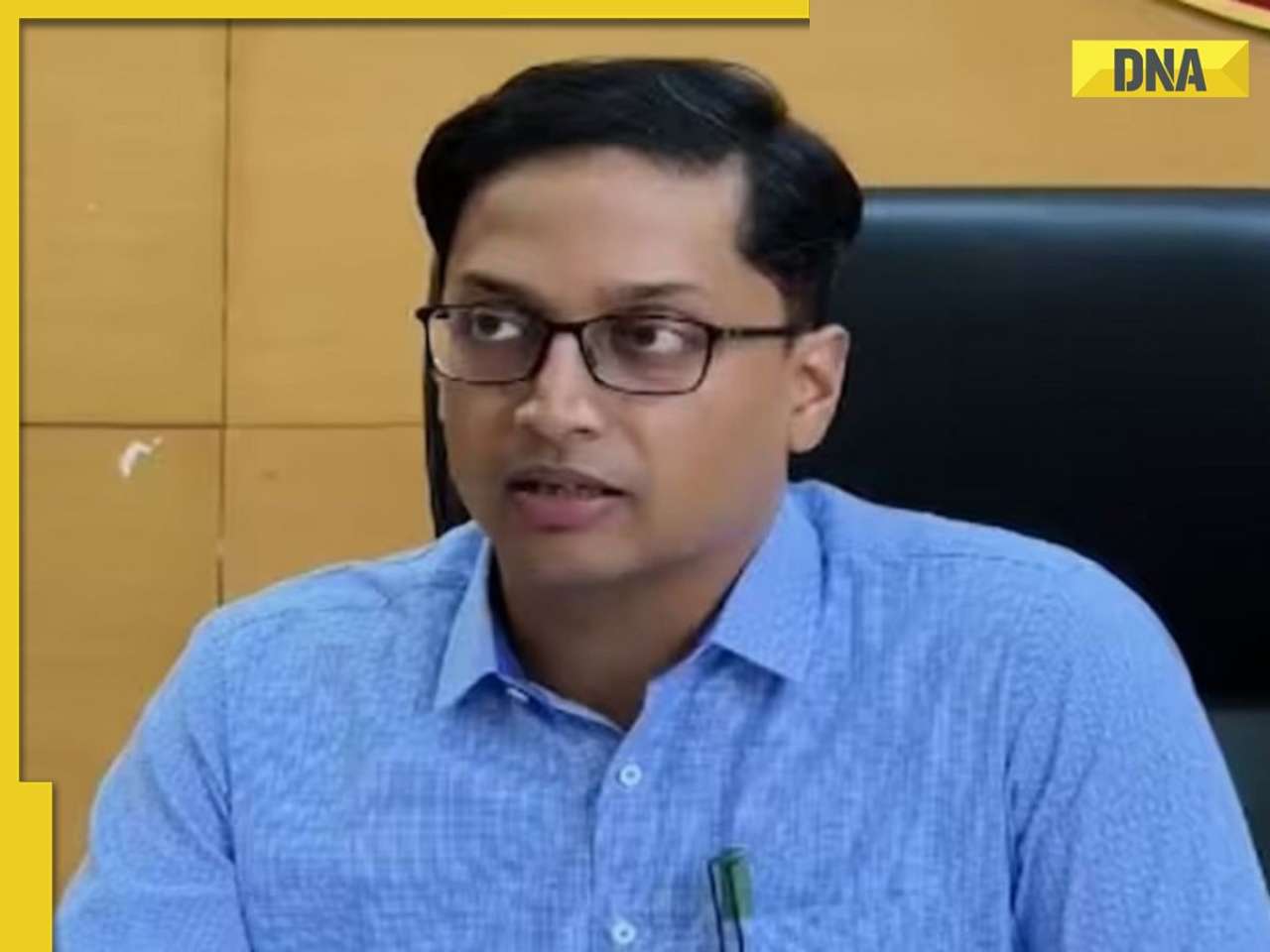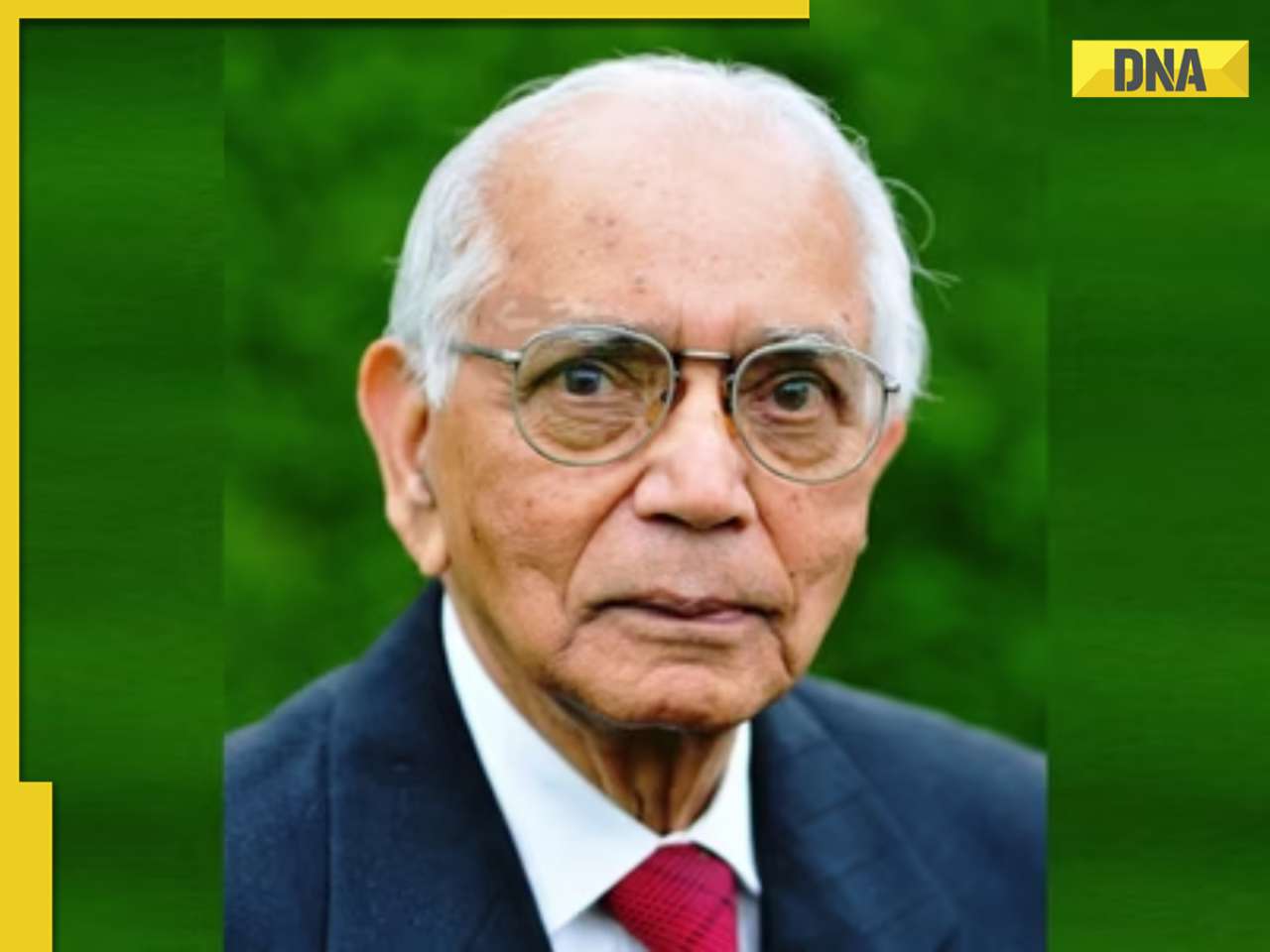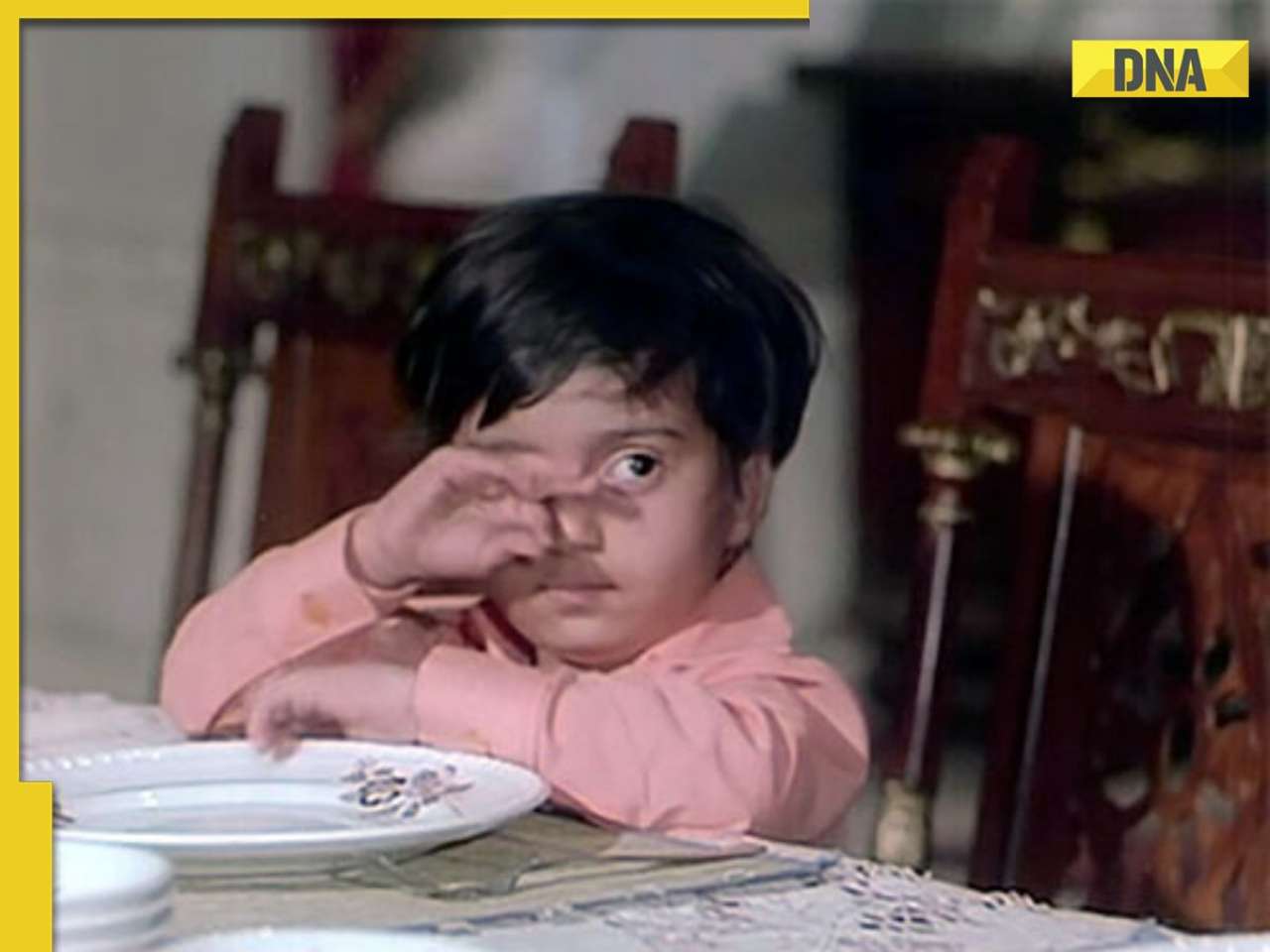Bullying and sadness are the real reasons behind teenage suicides, finds Deborah Grey
The Netflix show 13 Reasons Why has raised quite a storm with many parents and teachers criticising the show for glorifying teenage suicide. But one cannot ignore how the show raises important questions about the effect of bullying on the mental health of teenagers.
Bullying comes in many forms in the complex power structure that exists in schools and colleges. There can be an outright physical threat that the class ‘nerds’ often face at the hands of the ‘jocks’ or instances of ragging that are common at the beginning of the academic year. Then there are cliques that the more popular kids form. These ‘mean teens’ often use ridicule as a tool to control others and maintain the exclusivity of the group. They engage in body shaming their fellow students, or teasing them because of their body language and perceived sexuality.
“I remember rude jibes, hushed insinuations about my so-called ‘effeminate’ movements and obscenities scribbled on blackboards in my college,” recalls equal rights activist Harrish Iyer who was at the time not only coping with the trauma of surviving child sexual abuse, but also discovering his sexuality. “I attempted suicide twice before I turned 18,” he says. “I felt so worthless. Nobody understood me. I hated my body, the way I looked. I just wanted it all to stop,” he explains.
 Consulting Psychologist Deepak Kashyap says, “The urge to end one’s life stems from our belief system surrounding matters like life and death. Often we think death will end the pain, but it is just the end of one’s life. The pain doesn’t stop. You are just not alive to experience it.” Kashyap advises parents, teachers and school counsellors to keep their eyes peeled for telltale signs like reduced food intake and sleep, unnatural quietness, sadness, anger and anxiety among teenagers. This can be difficult to spot given the mood swings that teenagers experience due to the hormonal changes their body goes through during puberty. “Not all suicidal people are depressed and not all depressed people commit suicide. But if the sadness lingers or if the anger does not dissipate, your teenager could be hurting and you need to step in with patience, compassion and support,” says Kashyap.
Consulting Psychologist Deepak Kashyap says, “The urge to end one’s life stems from our belief system surrounding matters like life and death. Often we think death will end the pain, but it is just the end of one’s life. The pain doesn’t stop. You are just not alive to experience it.” Kashyap advises parents, teachers and school counsellors to keep their eyes peeled for telltale signs like reduced food intake and sleep, unnatural quietness, sadness, anger and anxiety among teenagers. This can be difficult to spot given the mood swings that teenagers experience due to the hormonal changes their body goes through during puberty. “Not all suicidal people are depressed and not all depressed people commit suicide. But if the sadness lingers or if the anger does not dissipate, your teenager could be hurting and you need to step in with patience, compassion and support,” says Kashyap.
These days a lot of teenage bullying takes place on digital platforms like WhatsApp groups and the comments section of social media pages. In fact, many LGBT youth are especially vulnerable to cyber bullying, even in more liberal western countries.
It is therefore important for parents to create an environment free of judgment and cultural baggage where the child can share even their most personal thoughts with them knowing that their parents will love and accept them, no matter what.
“Very often people either dismiss their child’s cry for help as attention seeking behaviour. Many parents ridicule or even dare the child thinking this would effectively shut them down and stop the downward spiral. But this is dangerous as you end up alienating the child,” warns Iyer. Even in 13 Reasons Why, most of Hannah Baker’s classmates who bullied her dismiss her suicide as the cowardly act of an attention seeking drama queen. But we must realise that blaming the victim or tarnishing their image posthumously is a terrible idea. Not only does it not absolve you of your failure to spot the signs and help the victim, it also sends the wrong message to others contemplating suicide. Now they will start feeling even more worthless, helpless and hopeless. They will start feeling that they are better off dead.
“Emotional education is important. This includes teaching teenagers to become more aware of their own feelings and learning to regulate their emotions. They should also understand the impact of their words and behaviour towards others,” Kashyap offers as a possible solution. Teens also need to find at least one trustworthy adult to confide into. This can be a parent, a grandparent, a friend’s parent, a teacher, the school counsellor or an older sibling or cousin.
Uncomfortably common in India, it is about time we addressed the facts and underlying reasons.
![submenu-img]() Centre's strict warning to its employees on tardiness, suggests live location detection system for...
Centre's strict warning to its employees on tardiness, suggests live location detection system for...![submenu-img]() T20 World Cup: Pakistan survive Ireland scare, win by 3 wickets in their last league match
T20 World Cup: Pakistan survive Ireland scare, win by 3 wickets in their last league match![submenu-img]() 'Why don't you...': Rupali Ganguly slams troll who accused her of paid PR against Anupamaa actor Gaurav Khanna's wife
'Why don't you...': Rupali Ganguly slams troll who accused her of paid PR against Anupamaa actor Gaurav Khanna's wife![submenu-img]() NEET-UG 2024 exam row: Bihar Police recovers 6 post-dated cheques 'issued for question paper facilitators'
NEET-UG 2024 exam row: Bihar Police recovers 6 post-dated cheques 'issued for question paper facilitators'![submenu-img]() Renukaswamy murder case: Darshan, Pavithra Gowda's to remain in police custody till...
Renukaswamy murder case: Darshan, Pavithra Gowda's to remain in police custody till...![submenu-img]() Meet man, who once worked as stone breaker, sold tendu leaves, then cracked PSC exam to become...
Meet man, who once worked as stone breaker, sold tendu leaves, then cracked PSC exam to become...![submenu-img]() Meet IAS officer, IIT graduate who left high-paying job at Samsung, then cracked UPSC exam, got AIR..
Meet IAS officer, IIT graduate who left high-paying job at Samsung, then cracked UPSC exam, got AIR..![submenu-img]() Meet MIT graduate who secured 42nd rank in UPSC, is now suspended due to..
Meet MIT graduate who secured 42nd rank in UPSC, is now suspended due to..![submenu-img]() Railway Recruitment 2024: Sarkari Naukri alert for 1104 posts, check eligibility and selection process
Railway Recruitment 2024: Sarkari Naukri alert for 1104 posts, check eligibility and selection process![submenu-img]() NEET-UG exam row: 'Transparent process will be...,' assures Education Minister Dharmendra Pradhan to students, parents
NEET-UG exam row: 'Transparent process will be...,' assures Education Minister Dharmendra Pradhan to students, parents![submenu-img]() DNA Verified: Did Kangana Ranaut party with gangster Abu Salem? Actress reveals who's with her in viral photo
DNA Verified: Did Kangana Ranaut party with gangster Abu Salem? Actress reveals who's with her in viral photo![submenu-img]() DNA Verified: New Delhi Railway Station to be closed for 4 years? Know the truth here
DNA Verified: New Delhi Railway Station to be closed for 4 years? Know the truth here![submenu-img]() DNA Verified: Did RSS chief Mohan Bhagwat praise Congress during Lok Sabha Elections 2024? Know the truth here
DNA Verified: Did RSS chief Mohan Bhagwat praise Congress during Lok Sabha Elections 2024? Know the truth here![submenu-img]() DNA Verified: Is CAA an anti-Muslim law? Centre terms news report as 'misleading'
DNA Verified: Is CAA an anti-Muslim law? Centre terms news report as 'misleading'![submenu-img]() DNA Verified: Lok Sabha Elections 2024 to be held on April 19? Know truth behind viral message
DNA Verified: Lok Sabha Elections 2024 to be held on April 19? Know truth behind viral message![submenu-img]() From Jawan to Munjya, 5 films that showcased exceptional VFX and ruled box office recently
From Jawan to Munjya, 5 films that showcased exceptional VFX and ruled box office recently![submenu-img]() In pics: Raghubir Yadav, Chandan Roy celebrate success of Panchayat season 3 with TVF founder Arunabh Kumar, cast, crew
In pics: Raghubir Yadav, Chandan Roy celebrate success of Panchayat season 3 with TVF founder Arunabh Kumar, cast, crew![submenu-img]() How Kalki 2898 AD makers dared to dream pan-India with its unique promotional campaign for Prabhas-starrer
How Kalki 2898 AD makers dared to dream pan-India with its unique promotional campaign for Prabhas-starrer![submenu-img]() In pics: Prabhas' robotic car Bujji from Kalki 2898 AD takes over Mumbai streets, fans call it 'India's Batmobile'
In pics: Prabhas' robotic car Bujji from Kalki 2898 AD takes over Mumbai streets, fans call it 'India's Batmobile'![submenu-img]() Streaming This Week: Bade Miyan Chote Miyan, Maidaan, Gullak season 4, latest OTT releases to binge-watch
Streaming This Week: Bade Miyan Chote Miyan, Maidaan, Gullak season 4, latest OTT releases to binge-watch![submenu-img]() DNA Explainer: What is Kafala system that is prevalent in gulf countries? Why is it considered extremely brutal?
DNA Explainer: What is Kafala system that is prevalent in gulf countries? Why is it considered extremely brutal? ![submenu-img]() Lok Sabha Elections 2024: What are exit polls? When and how are they conducted?
Lok Sabha Elections 2024: What are exit polls? When and how are they conducted?![submenu-img]() DNA Explainer: Why was Iranian president Ebrahim Raisi seen as possible successor to Ayatollah Khamenei?
DNA Explainer: Why was Iranian president Ebrahim Raisi seen as possible successor to Ayatollah Khamenei?![submenu-img]() DNA Explainer: Why did deceased Iranian President Ebrahim Raisi wear black turban?
DNA Explainer: Why did deceased Iranian President Ebrahim Raisi wear black turban?![submenu-img]() Iran President Ebrahim Raisi's death: Will it impact gold, oil prices and stock markets?
Iran President Ebrahim Raisi's death: Will it impact gold, oil prices and stock markets?![submenu-img]() 'Why don't you...': Rupali Ganguly slams troll who accused her of paid PR against Anupamaa actor Gaurav Khanna's wife
'Why don't you...': Rupali Ganguly slams troll who accused her of paid PR against Anupamaa actor Gaurav Khanna's wife![submenu-img]() Renukaswamy murder case: Darshan, Pavithra Gowda's to remain in police custody till...
Renukaswamy murder case: Darshan, Pavithra Gowda's to remain in police custody till...![submenu-img]() Ahead of Sonakshi Sinha-Zaheer Iqbal's wedding, his sister welcomes actress in family, shares their photo with heart
Ahead of Sonakshi Sinha-Zaheer Iqbal's wedding, his sister welcomes actress in family, shares their photo with heart![submenu-img]() 'I don't take any bull****': Anurag Kashyap reacts to surge of entourage cost; blames producers, actors' agencies for...
'I don't take any bull****': Anurag Kashyap reacts to surge of entourage cost; blames producers, actors' agencies for...![submenu-img]() Watch: Aamir Khan breaks down, sings Babul Ki Duwayein Leti Ja in unseen video from Ira Khan-Nupur Shikhare's wedding
Watch: Aamir Khan breaks down, sings Babul Ki Duwayein Leti Ja in unseen video from Ira Khan-Nupur Shikhare's wedding![submenu-img]() Tiny but mighty: Buffalo calf fearlessly charges elephant to defend mom, viral video
Tiny but mighty: Buffalo calf fearlessly charges elephant to defend mom, viral video![submenu-img]() Viral video: Lavish celebration goes wrong as firecrackers injure baby and mother
Viral video: Lavish celebration goes wrong as firecrackers injure baby and mother![submenu-img]() Video of girl walking with tiger wearing hot dress goes viral, watch
Video of girl walking with tiger wearing hot dress goes viral, watch![submenu-img]() Meet Saurabh Netravalkar's wife, Devi Snigdha Muppala: An accomplished high achiever in her own right
Meet Saurabh Netravalkar's wife, Devi Snigdha Muppala: An accomplished high achiever in her own right![submenu-img]() Stolen Titian Renaissance painting found at London bus stop, set to sell for up to..
Stolen Titian Renaissance painting found at London bus stop, set to sell for up to..







































)













) Consulting Psychologist Deepak Kashyap says, “The urge to end one’s life stems from our belief system surrounding matters like life and death. Often we think death will end the pain, but it is just the end of one’s life. The pain doesn’t stop. You are just not alive to experience it.” Kashyap advises parents, teachers and school counsellors to keep their eyes peeled for telltale signs like reduced food intake and sleep, unnatural quietness, sadness, anger and anxiety among teenagers. This can be difficult to spot given the mood swings that teenagers experience due to the hormonal changes their body goes through during puberty. “Not all suicidal people are depressed and not all depressed people commit suicide. But if the sadness lingers or if the anger does not dissipate, your teenager could be hurting and you need to step in with patience, compassion and support,” says Kashyap.
Consulting Psychologist Deepak Kashyap says, “The urge to end one’s life stems from our belief system surrounding matters like life and death. Often we think death will end the pain, but it is just the end of one’s life. The pain doesn’t stop. You are just not alive to experience it.” Kashyap advises parents, teachers and school counsellors to keep their eyes peeled for telltale signs like reduced food intake and sleep, unnatural quietness, sadness, anger and anxiety among teenagers. This can be difficult to spot given the mood swings that teenagers experience due to the hormonal changes their body goes through during puberty. “Not all suicidal people are depressed and not all depressed people commit suicide. But if the sadness lingers or if the anger does not dissipate, your teenager could be hurting and you need to step in with patience, compassion and support,” says Kashyap.



)
)
)
)
)
)